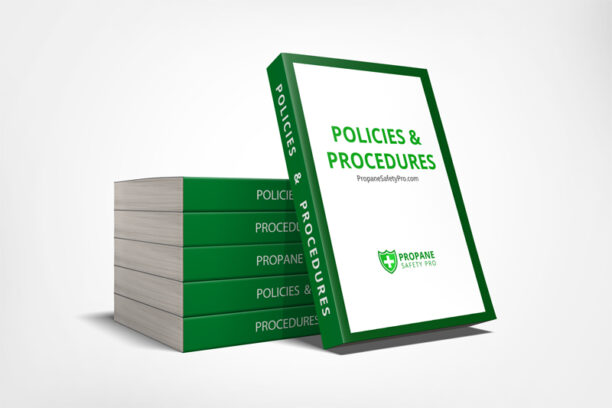Key Legal Considerations for Small Businesses

Navigating the legal landscape is paramount for small businesses in order to operate smoothly and avoid potential pitfalls. Understanding key legal considerations ensures compliance, protects intellectual property, and fosters healthy business relationships. Here are the essential aspects of business law that every entrepreneur should be keenly aware of.
Contracts and Agreements
Contracts form the backbone of business transactions. It’s vital for small businesses to draft clear and comprehensive contracts that outline rights, responsibilities, and terms of agreement with clients, suppliers, and partners. Key considerations include:
Clear Terms: Ensure all parties understand the terms, deliverables, payment schedules, and dispute resolution mechanisms.
Legal Review: Consult with a business attorney to review contracts, ensuring that they comply with state laws and protect your interests.
Modifications and Amendments: Clearly outline procedures for contract modifications to avoid misunderstandings and disputes.
Intellectual Property Protection
Protecting intellectual property (IP) assets is critical for small businesses to safeguard unique ideas, products, or services. Considerations include:
Trademarks: Register trademarks for logos, brand names, and slogans to prevent others from using similar marks.
Copyrights: Secure copyrights for original works such as writings, software code, and creative designs.
Patents: File patents for inventions or innovative processes to gain exclusive rights and prevent competitors from copying.
Employment Law Compliance
Employment laws protect both employees’ rights and employers’ responsibilities. Small businesses must adhere to regulations concerning:
Hiring Practices: Ensure compliance with anti-discrimination laws during recruitment and hiring processes.
Wages and Benefits: Follow federal and state laws regarding minimum wage, overtime pay, and employee benefits.
Workplace Safety: Maintain a safe working environment and comply with Occupational Safety and Health Administration (OSHA) regulations.
Regulatory Compliance
Small businesses must comply with various regulations to operate legally and ethically. Key areas include:
Taxation: Understand tax obligations, including income tax, sales tax, and payroll taxes, and file returns accurately and on time.
Data Protection: Comply with data privacy laws when handling customer information and implement cybersecurity measures to protect sensitive data.
Environmental Regulations: Adhere to environmental laws and obtain necessary permits or licenses for operations that impact the environment.
Legal Support and Resources
Seeking legal advice and resources can help small businesses navigate complex legal issues effectively. Support can come from:
Legal Counsel: Establish a relationship with a business attorney who understands small business needs and can provide guidance on legal matters.
Government Resources: Utilize resources from Small Business Administration (SBA) and local chambers of commerce for legal guidance and compliance assistance.
Looking Ahead
Platforms such as Propane Safety Pro offer comprehensive training programs tailored to ensure businesses meet safety standards and regulatory requirements. These programs cover essential topics such as handling propane safely, regulatory compliance, and maintaining a secure workplace environment.
Understanding and addressing key legal considerations is essential for the success and sustainability of small businesses in order to mitigate risks and focus on growth and innovation. Ensuring legal compliance not only protects the business but also enhances credibility and builds trust with stakeholders. Small businesses that prioritize legal considerations set a solid foundation for long-term success in today’s competitive market.
















